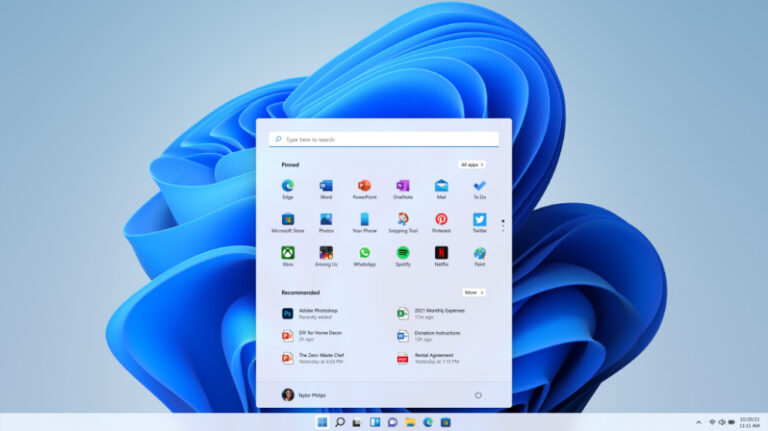In order to reduce the amount of reboots consumers encounter, the business is utilizing some of the same technologies found in Windows Server.
You approach your personal computer after a brief absence, press a key to bring it to life, and then you find that you are staring at the login screen rather than your desktop. This is something that all of us have experienced. Your personal computer performed an automatic update and then restarted itself while you were away. Currently, it is necessary to recover all of the work that you left unfinished. It is without a doubt one of the most annoying aspects of Windows 11 and Windows in general, but Microsoft is currently testing a method to eradicate this obnoxious practice for good with the development of the next version of Windows, which is referred to as 24H2. As the current schedule dictates, you will eventually be required to restart your computer in order to install certain updates; however, this will not be done on a monthly basis.
In preparation for the release of Windows 11 24H2, which is anticipated to be the only significant update for the year 2024, Microsoft has already begun testing the software. Reportedly, it will be called “Windows 12,” but it will not have the name changed, and it will include a great deal of new features. The operating system now has the capability to update itself without the need for a reboot. Windows Central reports that the company has recently made available a number of servicing updates for 24H2 that were developed with the intention of testing the downloading and installation process for Windows 11. On the other hand, individuals who had Virtualization Based Security (VBS) enabled on their personal computers were able to execute the update and have it applied without having to restart their computers.
It has been stated that the corporation is employing a method known as “hot patching,” which is already present in certain versions of Windows Server and for Xbox. According to Microsoft, it is able to function by “patching the in-memory code of running processes without the need to restart the process.” It has been reported by Windows Central that the company intends to incorporate this technology into Windows 11, which would significantly cut down on the number of times customers are required to restart their computers in order to apply security updates. For x86 PCs, the frequency of updates that require a reboot will likely be something closer to once every three months rather than once every month.
On the off chance that this materializes, we are completely on board with it. Because we enjoy being able to immediately return to whatever we are working on, we prefer to have our personal computers on at all times, and we despise having to restart them so regularly. We are keeping our fingers crossed that this feature will be included in the final build, as it is presently being tested by Microsoft in both the Dev and Canary channels for 24H2. However, there are no guarantees that it will be included in the final build. Along with this much-appreciated new feature, it is rumored that Windows 11 24H2 would concentrate on adding other artificial intelligence technologies to Windows, in addition to a “new” installation user interface that is ten years old.

